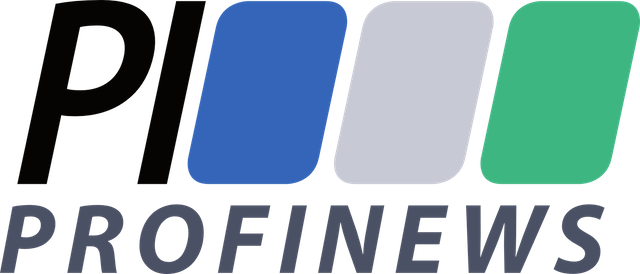In the past, the emergence of various wireless technologies with different characteristics and applications has enabled indoor location tracking. And with the adoption of such technologies emerged a new market landscape of vendors providing proprietary solutions.
Interoperability Lowers TCO
There are several proprietary solutions for indoor tracking in the market today. The current solutions are vendor-specific, and any transfer to other applications needs the support of this specific proprietary vendor. Location tags, drones, AGVs, AMRs, and such hardware from different vendors are not interchangeable, and the installed solutions depend upon the flexibility and support of this specific supplier. Many of these might seem affordable at first, but then as the solution relies on a single vendor, one can easily notice that this vendor lock-in leads instead to inflexibility and unpredictable costs for adaptations later on. Now, this challenge can only be solved with a uniform standard from the industry itself. And we have it now, with the new open locating standard omlox. Unlimited amounts of different applications from different vendors can be realized interoperably, leading to a lower total cost of ownership.
This is similar to WiFi, where we are accustomed to purchasing the access points from different vendors and using the WiFi signal in various different devices from different vendors. This particular scenario is also possible with the new locating standard omlox. It enhances usability, just like WiFi has over the past years.
Consumer vs. Industry: Data Sovereignty
If you compare the consumer sector to the industry with regard to locating technology, you will see what stands out, in particular, is the speed. The consumer sector drives all participants ahead at a very high speed. This is surely because of the fact that this industry consists of comparatively few global players. However, there is another big difference; in the consumer sector, the end-user doesn’t really know or, in some cases, even care less about the ownership of the data generated. But in the case of the industrial sector, the situation is completely different. Here, for example, factory owners are more vigilant, and data sovereignty is very important.
Potential of Indoor Locating with a New Open Standard
Digitalization in the industry has been taking place at a rapid pace and is widely expected to accelerate in the post-pandemic world. But many ideas can only be realized if there are affordable solutions. Assets like tools or orders need to be managed and tracked. Besides asset management and tracking, indoor locating can also guide autonomous vehicles and robots for transport.
The new open omlox locating standard aims to support all of these applications and others, such as safety applications, social distancing, access control, and process optimization through analytics enabled by location intelligence.
omlox is an open standard: the final application can easily be sourced from different vendors and devices. Software-apps can be added at any point from any supplier, just like we do it every day with consumer devices. By using omlox, one can prevent vendor lock-in, and the locating system can stay flexible. An open standard for positioning solutions such as omlox simplifies intralogistics and ensures efficiency gains in various industries and verticals.
omlox is Managed by a Global Non-Profit Standards Organization
Originally designed for the manufacturing industry, omlox is hosted by the Profibus & Profinet International organization (PI), with more than 1,500 members globally. With more than 80 partners since its initialization in 2020, the omlox community is growing rapidly, and anyone who is interested can join the network to make even more applications for indoor locating solutions compatible with omlox. To learn more about omlox and its community, visit omlox.com or contact Matthias Jöst (matthias.joest[AT]omlox.com) – we look forward to hearing from you.
Keshav Kumar
Global Market Development – omlox
Profibus & Profinet International (PI)
